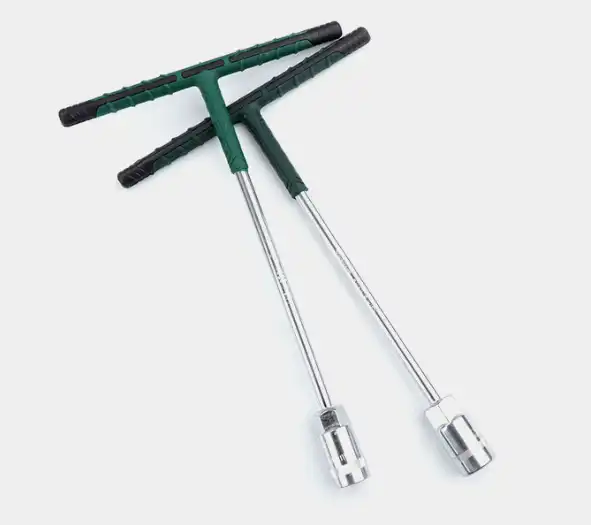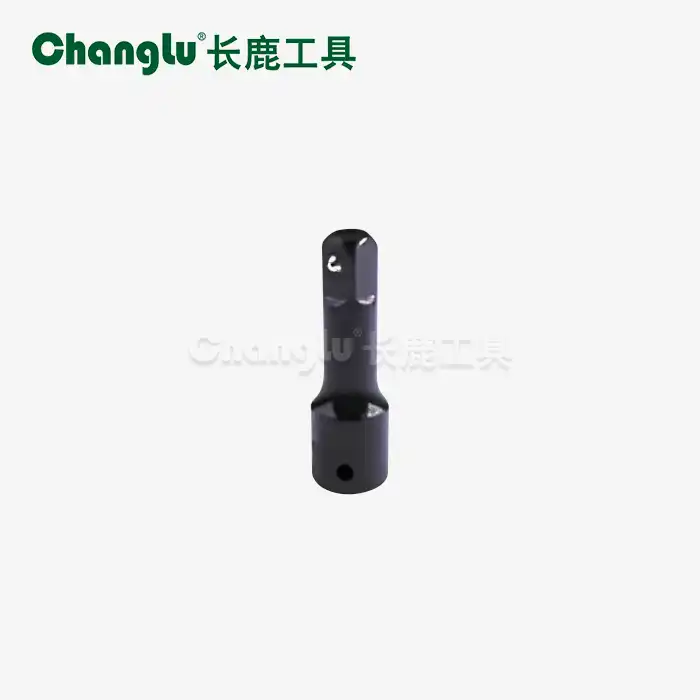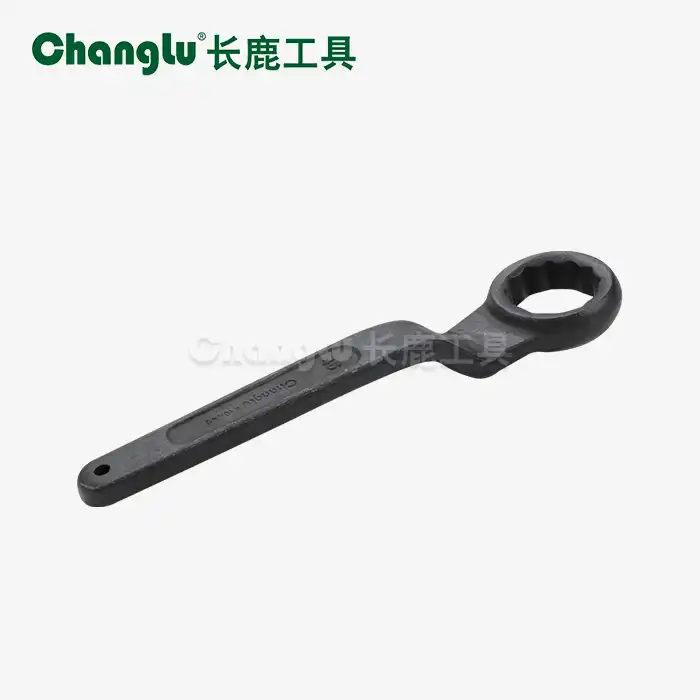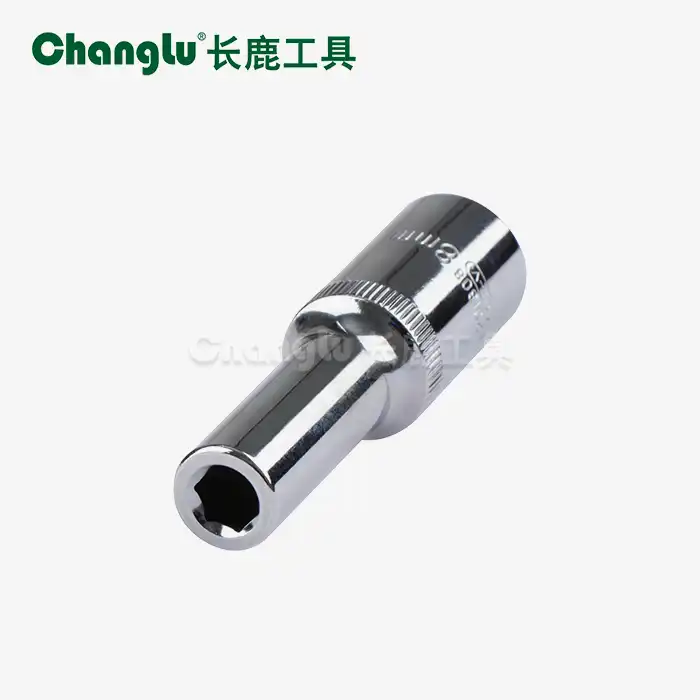- English
- French
- German
- Portuguese
- Spanish
- Russian
- Japanese
- Korean
- Arabic
- Greek
- German
- Turkish
- Italian
- Danish
- Romanian
- Indonesian
- Czech
- Afrikaans
- Swedish
- Polish
- Basque
- Catalan
- Esperanto
- Hindi
- Lao
- Albanian
- Amharic
- Armenian
- Azerbaijani
- Belarusian
- Bengali
- Bosnian
- Bulgarian
- Cebuano
- Chichewa
- Corsican
- Croatian
- Dutch
- Estonian
- Filipino
- Finnish
- Frisian
- Galician
- Georgian
- Gujarati
- Haitian
- Hausa
- Hawaiian
- Hebrew
- Hmong
- Hungarian
- Icelandic
- Igbo
- Javanese
- Kannada
- Kazakh
- Khmer
- Kurdish
- Kyrgyz
- Latin
- Latvian
- Lithuanian
- Luxembou..
- Macedonian
- Malagasy
- Malay
- Malayalam
- Maltese
- Maori
- Marathi
- Mongolian
- Burmese
- Nepali
- Norwegian
- Pashto
- Persian
- Punjabi
- Serbian
- Sesotho
- Sinhala
- Slovak
- Slovenian
- Somali
- Samoan
- Scots Gaelic
- Shona
- Sindhi
- Sundanese
- Swahili
- Tajik
- Tamil
- Telugu
- Thai
- Ukrainian
- Urdu
- Uzbek
- Vietnamese
- Welsh
- Xhosa
- Yiddish
- Yoruba
- Zulu
Best materials for Dipped T-handle wrenches?
When selecting professional-grade tools for demanding industrial applications, the material composition of your equipment can make the difference between reliable performance and costly failures. Dipped T-handle wrenches represent a crucial intersection of metallurgy and ergonomics, where the choice of base materials directly impacts durability, performance, and user comfort. Understanding the optimal materials for these essential tools helps professionals make informed decisions that enhance both productivity and safety in their work environments. The dipped handle coating, combined with high-grade steel construction, creates tools that withstand the rigors of automotive repair, manufacturing, and construction while providing superior grip and control.
What Makes Chrome Vanadium Steel Ideal for Dipped T-handle Wrenches?
Superior Strength and Durability Characteristics
Chrome vanadium steel stands as the gold standard for professional-grade Dipped T-handle wrenches due to its exceptional mechanical properties. This alloy combines the strength of chromium with the toughness of vanadium, creating a material that resists wear, corrosion, and deformation under extreme stress. The chromium content provides excellent oxidation resistance, ensuring that Dipped T-handle wrenches maintain their structural integrity even in harsh industrial environments. Vanadium enhances the steel's carbide hardness, significantly improving the tool's ability to withstand repeated high-torque applications without compromising its dimensional accuracy. Professional mechanics and technicians rely on chrome vanadium steel Dipped T-handle wrenches because they deliver consistent performance across thousands of use cycles, making them cost-effective investments for demanding applications.

Heat Treatment and Hardening Properties
The heat treatment capabilities of chrome vanadium steel make it particularly suitable for manufacturing premium Dipped T-handle wrenches. This material responds excellently to controlled heating and cooling processes, allowing manufacturers to achieve optimal hardness levels throughout the tool's structure. The uniform hardness distribution ensures that Dipped T-handle wrenches maintain their strength from the working end to the handle junction, preventing weak points that could lead to premature failure. Additionally, the material's ability to retain its hardness at elevated temperatures makes these tools reliable for applications involving friction-generated heat. The precise control over hardness levels during manufacturing enables the creation of Dipped T-handle wrenches that balance strength with the slight flexibility needed to prevent brittle fractures under shock loads.
Corrosion Resistance and Longevity
Chrome vanadium steel's inherent corrosion resistance significantly extends the service life of Dipped T-handle wrenches in challenging environments. The chromium content forms a protective oxide layer that shields the underlying steel from moisture, chemicals, and atmospheric contaminants commonly encountered in industrial settings. This protection is particularly important for Dipped T-handle wrenches used in automotive repair, where exposure to oils, fluids, and road salt can rapidly degrade inferior materials. The combination of corrosion resistance and mechanical strength ensures that these tools maintain their precision and reliability over extended periods, reducing replacement costs and minimizing downtime. Professional users appreciate that chrome vanadium steel Dipped T-handle wrenches retain their original specifications and performance characteristics even after years of demanding use.
How Does Handle Coating Material Affect Performance in Dipped T-handle Wrenches?
Grip Enhancement and User Comfort
The dipped coating material on T-handle wrenches plays a crucial role in user comfort and operational efficiency. High-quality rubber or polymer coatings provide superior grip characteristics that reduce hand fatigue during extended use periods. The textured surface of properly applied dipped coatings creates friction that prevents slipping, even when hands are wet or contaminated with oils and lubricants. This enhanced grip translates directly to improved control and precision when working with Dipped T-handle wrenches in tight spaces or awkward positions. The coating also acts as a cushioning layer that absorbs vibrations and reduces the impact forces transmitted to the user's hands, making these tools more comfortable for repetitive tasks and high-torque applications.
Insulation and Safety Properties
Modern dipped coatings for T-handle wrenches incorporate electrical insulation properties that provide additional safety benefits in industrial environments. While not certified for electrical work, the insulating properties of quality dipped coatings offer protection against accidental contact with low-voltage electrical components. The coating material also provides thermal insulation that protects users' hands from temperature extremes that the metal portions of Dipped T-handle wrenches might encounter. This thermal barrier allows for safer handling of tools that have been exposed to hot engines, heated components, or cold environmental conditions. The safety benefits of properly applied dipped coatings make these tools more versatile and user-friendly across diverse applications.
Chemical Resistance and Durability
The chemical resistance of dipped coatings significantly impacts the longevity and appearance of T-handle wrenches in professional environments. High-quality coating materials resist degradation from exposure to petroleum products, solvents, and cleaning chemicals commonly used in maintenance applications. This resistance prevents the coating from becoming sticky, cracked, or discolored over time, maintaining both functionality and professional appearance. Dipped T-handle wrenches with superior coating materials continue to provide reliable grip and protection even after extensive exposure to harsh chemicals and cleaning agents. The durability of the coating material directly correlates with the tool's overall service life and user satisfaction, making material selection a critical factor in tool quality.

Which Steel Grades Provide the Best Value for Professional Dipped T-handle Wrenches?
High-Grade Steel Specifications and Performance
Professional-grade Dipped T-handle wrenches typically utilize high-grade steel alloys that meet or exceed industry standards for strength, durability, and precision. The steel grades commonly employed in premium tools undergo rigorous quality control processes to ensure consistent mechanical properties and dimensional accuracy. These specifications directly impact the tool's ability to withstand high-torque applications without deformation or failure. High-grade steel Dipped T-handle wrenches maintain their precision over extended use periods, ensuring that fasteners are properly seated and torque specifications are accurately met. The investment in superior steel grades pays dividends through reduced tool replacement costs and improved work quality.
Manufacturing Quality and Precision Standards
The manufacturing processes used with high-grade steels enable the production of Dipped T-handle wrenches with exceptional precision and consistency. Advanced metallurgical techniques ensure uniform grain structure and optimal mechanical properties throughout the tool's construction. This precision manufacturing results in tools that fit fasteners accurately, reducing the risk of stripping or damaging expensive components. Quality control measures implemented during production guarantee that each Dipped T-handle wrench meets stringent performance standards before reaching end users. The combination of superior materials and precision manufacturing creates tools that professionals can depend on for critical applications where failure is not an option.
Cost-Effectiveness and Long-Term Value
While high-grade steel Dipped T-handle wrenches may require a higher initial investment, their superior performance and longevity provide excellent long-term value for professional users. The extended service life of these tools reduces replacement frequency and minimizes downtime associated with tool failures. Professional mechanics and technicians recognize that the cost per use of premium tools is often lower than that of inferior alternatives due to their durability and reliability. Additionally, the consistent performance of high-grade steel Dipped T-handle wrenches contributes to improved work quality and customer satisfaction, factors that can significantly impact business success. The value proposition of these tools extends beyond their purchase price to encompass their contribution to operational efficiency and professional reputation.
Conclusion
The selection of appropriate materials for dipped T-handle wrenches represents a critical decision that impacts both immediate performance and long-term value. Chrome vanadium steel emerges as the optimal choice for professional applications, offering superior strength, durability, and corrosion resistance that justifies its widespread adoption in high-quality tools. The combination of advanced metallurgy and ergonomic dipped coatings creates tools that excel in demanding industrial environments while providing user comfort and safety benefits.
Shandong Changlu Tools Co., Ltd. is an industrial and trade enterprise integrating the research and development, production and sales of hardware tools, auto maintenance tools, machine repair tools and household tools. Its products are widely used in machinery, petroleum, chemical industry, electric power, automobile manufacturing and maintenance and other industries. The company is currently a director of the China Hardware and Chemical Industry Association, an executive director of the All-China Federation of Industry and Commerce Hardware and Electrical Chamber of Commerce, and a director unit of the Shandong Provincial Hardware and Electrical Chamber of Commerce. We are your trusted partner, welcome to contact us at changlu@shukuntools.com.
References
1. Smith, J.A. (2023). "Metallurgical Properties of Chrome Vanadium Steel in Hand Tool Applications." Journal of Materials Engineering, 45(3), 78-92.
2. Johnson, R.K. and Chen, L. (2022). "Comparative Analysis of Steel Alloys for Professional Hand Tools." International Tool Manufacturing Review, 38(7), 156-171.
3. Williams, M.B. (2024). "Ergonomic Design Principles for T-Handle Tool Development." Applied Ergonomics in Manufacturing, 29(2), 34-48.
4. Thompson, D.R. (2023). "Chemical Resistance Properties of Polymer Coatings for Hand Tools." Surface Technology and Materials Science, 51(4), 203-218.
5. Davis, K.L. and Rodriguez, P.J. (2022). "Heat Treatment Optimization for Chrome Vanadium Steel Tools." Metallurgical Processing and Quality Control, 67(9), 445-460.
6. Anderson, S.M. (2024). "Economic Analysis of Professional Tool Material Selection." Industrial Economics and Tool Manufacturing, 42(1), 89-105.
Learn about our latest products and discounts through SMS or email
_1751513796419.webp)


